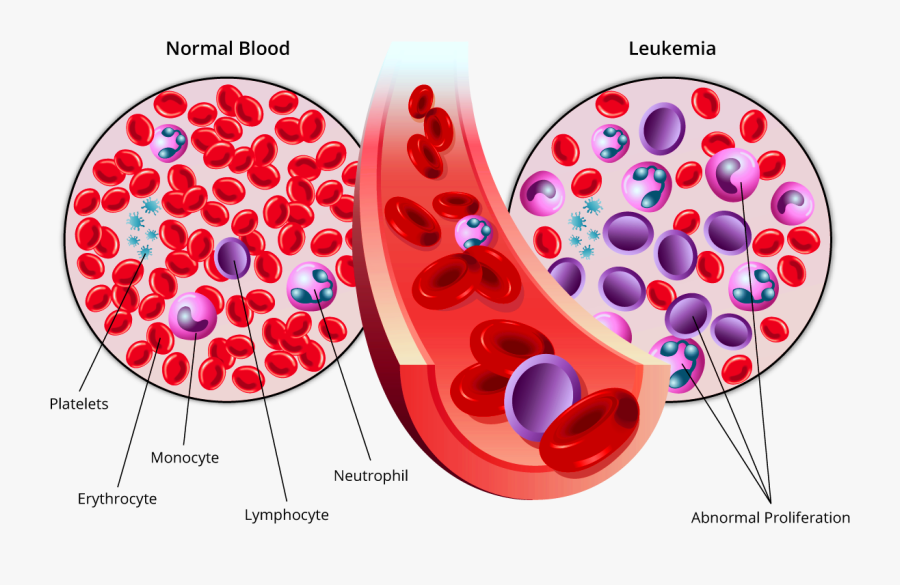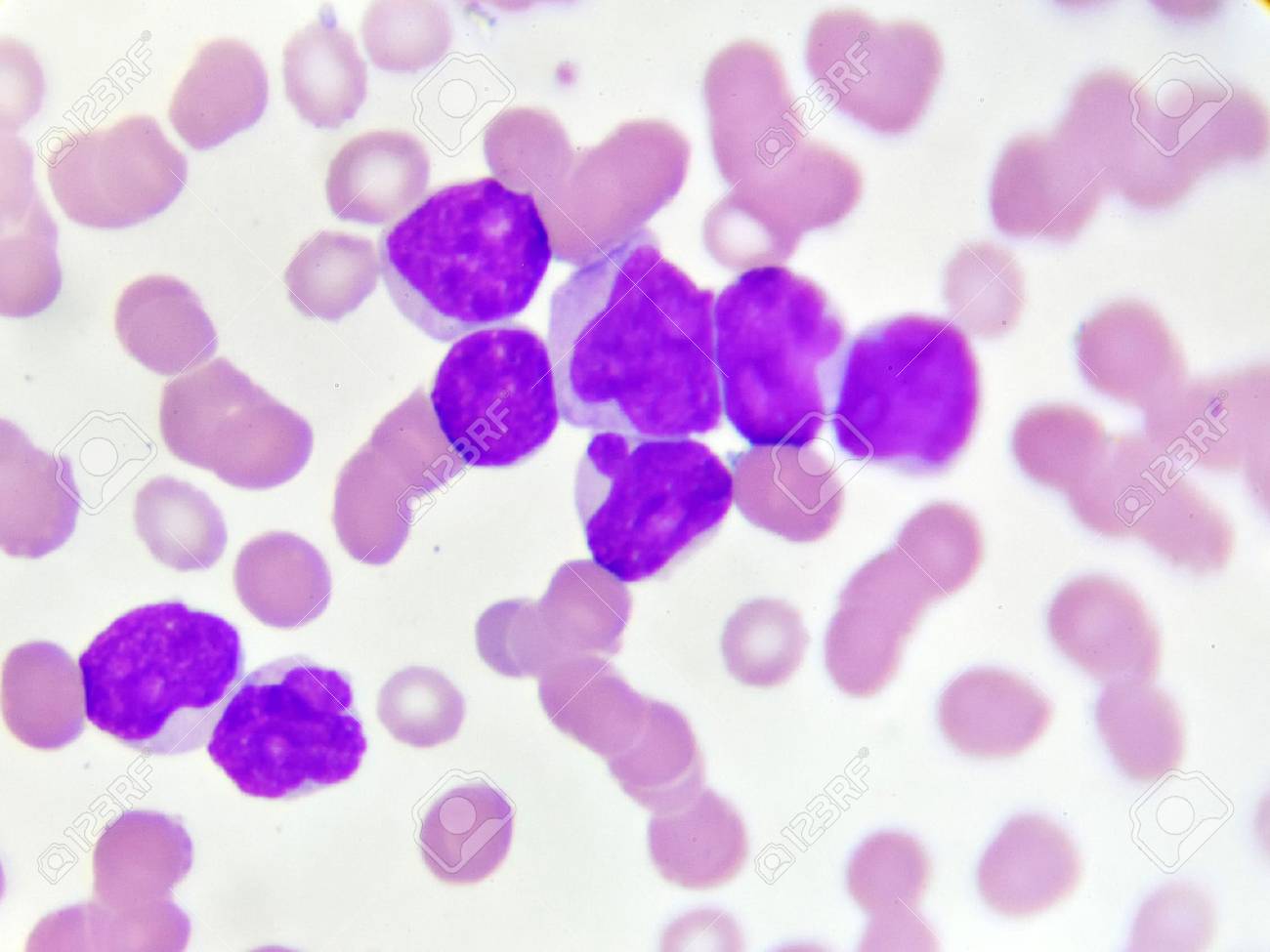In the previous article, I shared a few details of Chronic myelogenous leukemia. In this blog, I like to discuss Acute myelogenous leukemia. A few of you might be aware that in leukemia, cells in the process of maturing from hematopoietic stem cells to blood cells (white blood cells, red blood cells, platelets) become cancerous. Among white blood cells, there are “lymphocytes” that mainly attack viruses. Acute lymphocytic leukemia occurs when a cell becomes a “lymphocyte” and matures leading it to turn into cancerous cells.

As for the cause, except for acute promyelocytic leukemia caused by abnormalities of chromosomes and genes and secondary leukemia that develops after receiving chemotherapy (anticancer drug treatment) or radiation therapy in the past, there are no apparent causes. It said that radiation and chemical substances are factors, but it has not fully clarified yet. The incidence is 2-3 per 100,000, and the rate increases with age.
Therefore, to avoid the side effects of chemotherapy as much as possible, we want to recommend treatments that do not have side effects such as fucoidan. The following is a study showing the effect of fucoidan on chronic leukemia.
According to Farzaneh Atashrazm et al., the study examined the cytotoxic and antitumor activity of fucoidan in acute myelogenous leukemia (AML) cells. Human AML cell lines NB4, KG1a, HL60, and K562, were treated with fucoidan and analyzed for cell cycle, cell proliferation, and expression of apoptotic pathway molecules. Fucoidan suppressed proliferation and induced apoptosis through the intrinsic and extrinsic pathways of the acute promyelocytic leukemia (APL) cell lines NB4 and HL60, but not in KG1a and K562 cells. In NB4 cells, apoptosis was caspase-dependent, and pretreatment with pan-caspase inhibitors significantly attenuated apoptosis. P21 / WAF1 / CIP1 was upregulated considerably, causing cell cycle arrest. Fucoidan reduced ERK1 / 2 activation and down-regulated AKT activation, but not Ser (473), through reduced phosphorylation of Thr (308) residues. In vivo, a xenograft model using NB4 cells was adopted. Tumor growth was measured after mice were given fucoidan and inoculated with NB4 cells. Subsequently, the cytotoxic activity of splenic natural killer (NK) cells was also examined. Oral administration of fucoidan significantly delayed tumor growth and increased NK cell cytolytic activity in a xenograft model.
